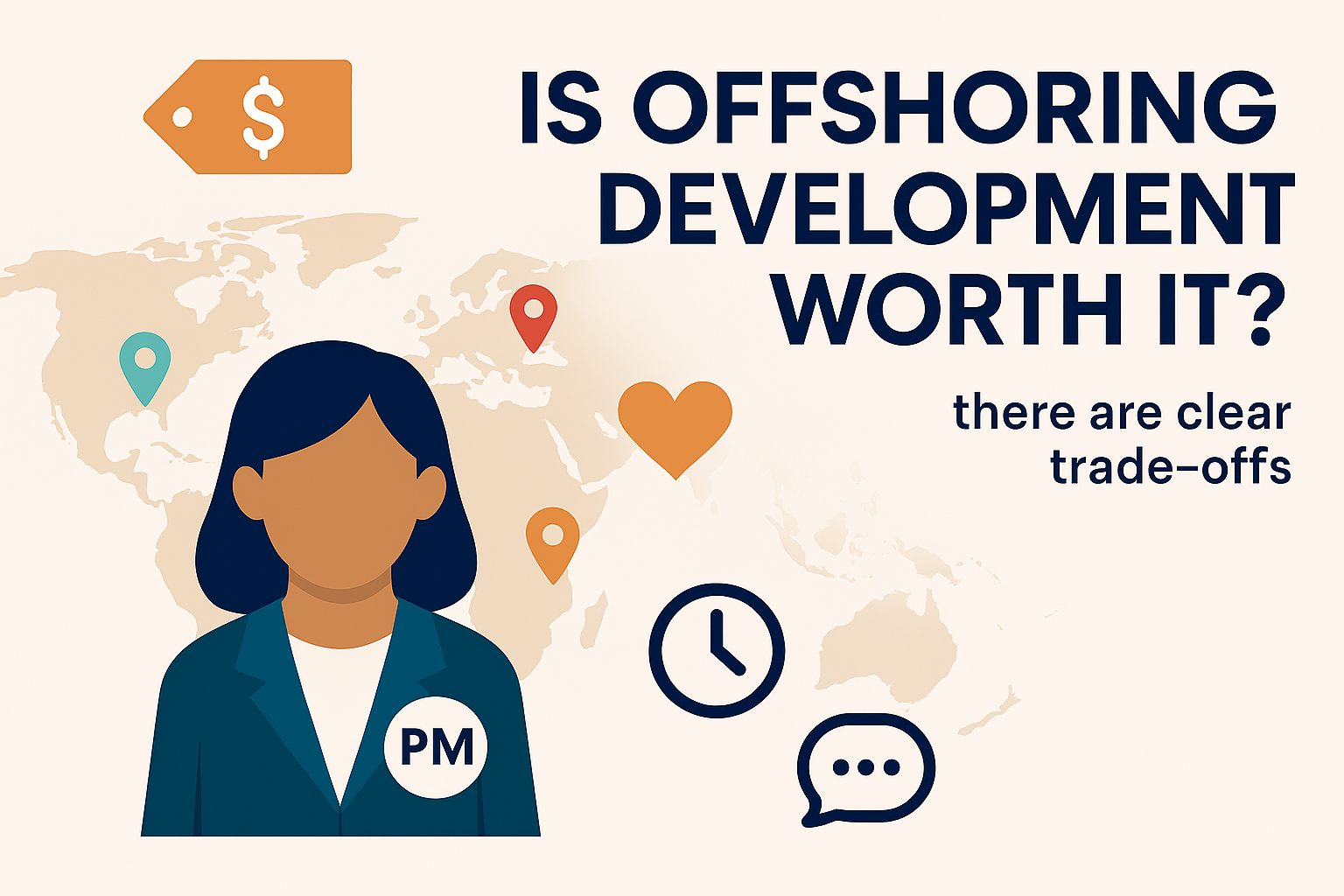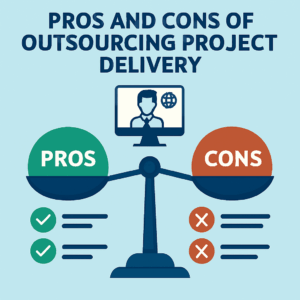By Alisdair Blackman
While in transit on a recent trip to Hanoi, I found myself reflecting on my long-held reservations about offshoring development work. I’ve historically associated offshore delivery – particularly from regions like Asia, India, Africa, and South America – with inferior quality. But as I sat with that thought, I realised: it’s a prejudice without foundation.
After all, these same geographies power much of the world’s manufacturing and innovation. So why the disconnect when it comes to software?
Challenging My Own Bias
Until 2011, I worked exclusively with Australian-based technical partners. I was late to the offshoring conversation. Like many, I’ve heard the stories – some glowing, others cautionary. But having now delivered projects across India, Poland, Romania, the Philippines, and most recently Vietnam, I’ve come to appreciate the scalability, talent, and access that offshoring can offer.
The Trade-Offs
Yes, offshoring can be cost-effective and time-zone friendly. But it’s not without risk. The biggest challenges I’ve encountered are:
- Language barriers
- Process gaps
- Misaligned expectations
These risks are amplified on medium to large-scale projects. My advice? If you’re offshoring something substantial, get on a plane. Face-to-face engagement with your offshore team can dramatically reduce miscommunication and build trust.
The Australian Context
With rising costs and a shrinking pool of local talent, many Australian businesses are now looking abroad to fill the void. I support this shift—but only when clients understand what offshoring truly entails.
Offshoring doesn’t eliminate complexity. It redistributes it—often onto the shoulders of the Project Manager. Coordination, mediation, and over-communication become essential. Unless supported by robust systems and processes, the PM function can become a bottleneck, increasing time and cost.
My Experience
Having now offshored over 100 projects—20 of them recently with a new partner in Vietnam – I’ve seen firsthand the value offshoring can deliver. But success hinges on one thing: communication.
If you factor in the increased need for PM oversight and regular engagement, offshoring becomes not just viable- but strategically advantageous for software and application development.
About the Author
Alisdair Blackman has been at the forefront of digital project management for over 18 years. Having led multiple agencies, he now consults directly with clients to ensure projects are delivered on time, on budget, and to the highest standard – whether through local or offshore teams.


























